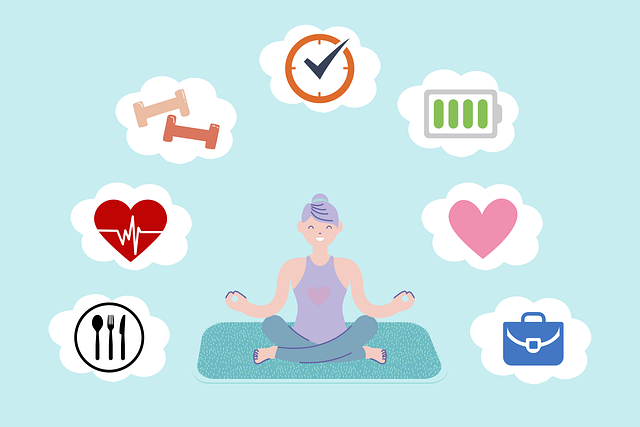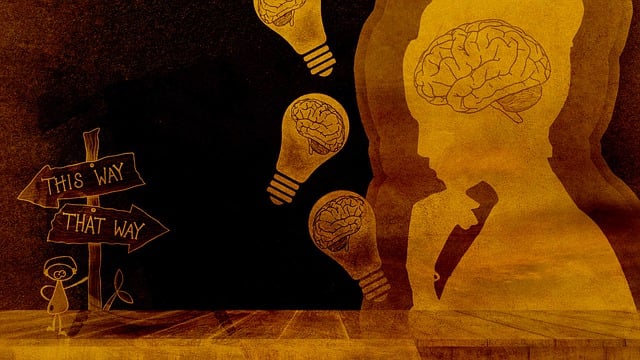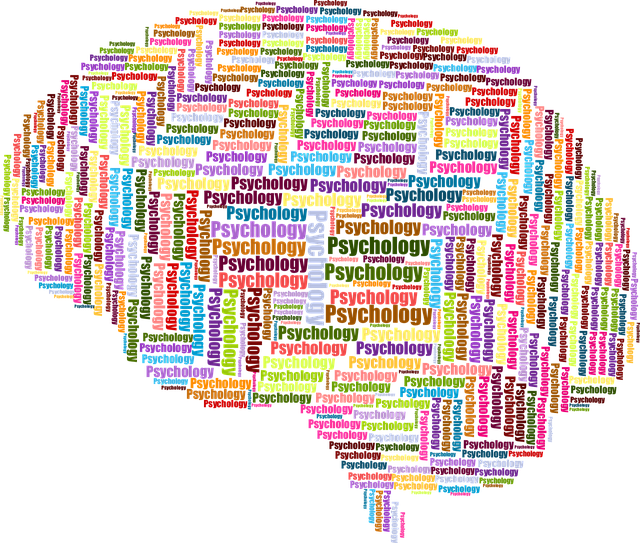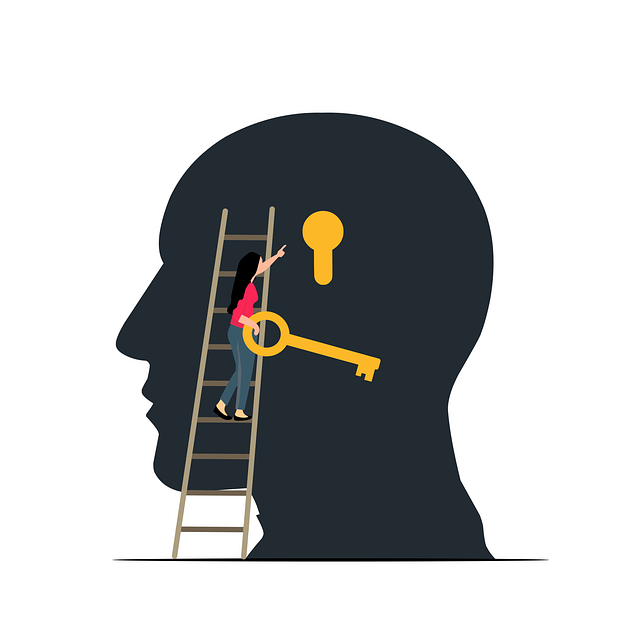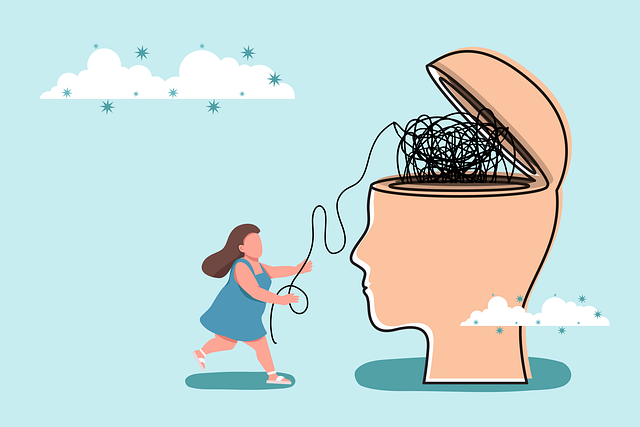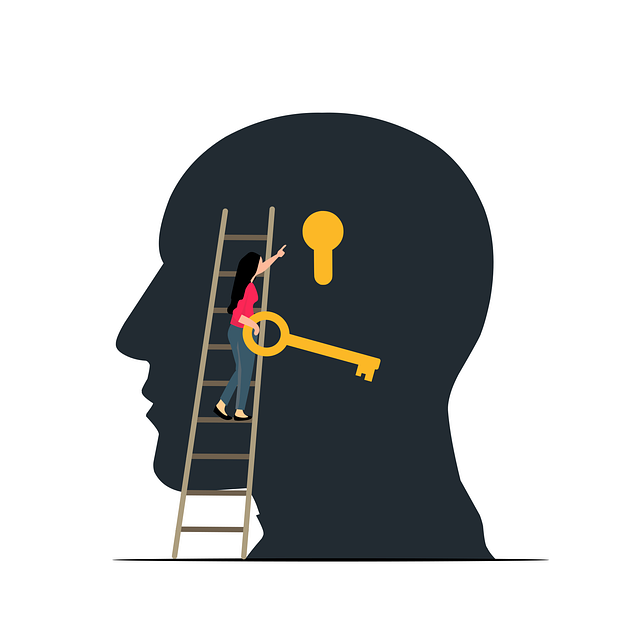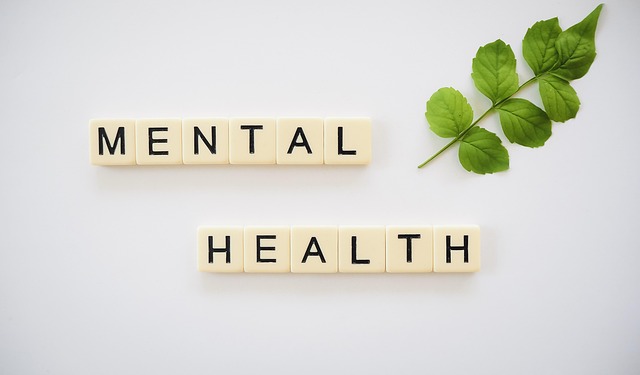Mental wellness self-assessment tools are crucial for young adults dealing with stress, anxiety, and low self-esteem due to academic pressures, social media influence, and peer relationships. These assessments, integrating bariatric evaluations, provide insights into body image, stress management, and depression, enabling early intervention through tailored therapy solutions. Digital platforms offer interactive elements like personalized questionnaires, mood tracking, and gamified exercises for coping skill development. Integrating these tools in educational institutions, community centers, and healthcare settings can facilitate early identification, reduce mental health issues, and destigmatize therapy discussions among young adults.
Mental wellness self-assessment tools play a pivotal role in fostering personal growth and resilience, especially among young adults. This article delves into the development of these tools, focusing on their potential to transform mental health support systems. We explore the critical need for therapy tailored to young adults, highlighting the intricate link between body image (bariatric evaluations) and mental wellness. Through a comprehensive overview, we discuss designing effective assessment tools from traditional surveys to innovative digital platforms, ultimately enhancing access to care.
- Understanding Mental Wellness Self-Assessment: A Foundation for Personal Growth
- Identifying the Need: Why Therapy for Young Adults is Crucial
- Integrating Bariatric Evaluations: Body Image and Mental Health Connection
- Designing Effective Tools: From Surveys to Digital Platforms
- Implementation and Impact: Enhancing Support Systems for Youth
Understanding Mental Wellness Self-Assessment: A Foundation for Personal Growth

Mental wellness self-assessment tools serve as a crucial foundation for personal growth and understanding one’s mental health landscape. These assessments provide individuals with an opportunity to gain valuable insights into their emotional, psychological, and behavioral patterns. By completing such evaluations, young adults can identify areas of concern, such as stress management, anxiety, or depression, facilitating early intervention and prevention strategies. This proactive approach is particularly relevant in addressing the increasing mental health challenges faced by this demographic, often requiring tailored therapy solutions like bariatric evaluations for unique needs.
Self-assessment plays a pivotal role in cultivating compassion and mindfulness, essential components of holistic well-being. Practices such as Compassion Cultivation can help individuals develop self-acceptance and empathy towards their own struggles. Additionally, incorporating Mindfulness Meditation techniques during these assessments allows for increased awareness of thoughts and emotions, fostering better emotional regulation. Social Skills Training may also be integrated to enhance communication and interpersonal relationships, addressing a significant aspect of overall mental wellness.
Identifying the Need: Why Therapy for Young Adults is Crucial

In today’s fast-paced world, young adults face unique challenges that can significantly impact their mental wellness. The pressures of academic and career expectations, social media influence, and peer relationships can contribute to heightened stress levels, anxiety, and low self-esteem. This is particularly evident in the rising prevalence of mental health disorders among this demographic. As such, there’s a crucial need for accessible and effective therapy options tailored specifically for young adults. Traditional therapy approaches often fail to cater to their unique needs and preferences, leading to lower engagement rates.
Therapy for young adults plays a vital role in fostering resilience, especially when integrated with bariatric evaluations that assess both physical and mental health. By focusing on resilience building and self-esteem improvement, these interventions can provide much-needed support during a formative period of life. Furthermore, addressing early-onset anxiety relief through targeted therapy sessions equips young adults with coping mechanisms to navigate future challenges, ensuring they have the tools to thrive in an increasingly demanding world.
Integrating Bariatric Evaluations: Body Image and Mental Health Connection

The connection between body image and mental health is a crucial aspect often overlooked in traditional therapy for young adults. Integrating bariatric evaluations into self-assessment tools can provide valuable insights, especially when considering the increasing rates of eating disorders and their impact on overall well-being. By focusing on body image as a key indicator, these assessments can help identify individuals struggling with low self-esteem and depression prevention.
For many young adults, bariatric evaluations offer a unique opportunity to explore self-care practices and promote positive changes. This approach allows therapists to delve into the complex relationship between physical appearance and mental wellness, fostering an environment where clients feel empowered to embrace self-improvement. Such integrated assessments can be transformative, encouraging individuals to challenge societal beauty standards and cultivate a healthier perception of themselves, ultimately enhancing their overall mental health and well-being.
Designing Effective Tools: From Surveys to Digital Platforms

Developing effective mental wellness self-assessment tools requires a thoughtful and multifaceted approach. Traditional survey methods can be a good starting point, offering structured questions to gauge an individual’s emotional state and coping mechanisms. However, for a more comprehensive assessment, digital platforms are transforming the landscape of mental health support. These platforms often incorporate interactive elements, such as personalized questionnaires, mood tracking, and even gamified exercises, making them engaging and accessible. For instance, tools tailored for young adults undergoing therapy can seamlessly blend therapeutic techniques like conflict resolution skills and emotional regulation strategies into everyday interactions.
By leveraging technology, self-assessment tools can go beyond simple question-answering to facilitate active participation in coping skill development. Digital platforms may include features that encourage users to reflect on their experiences, set personal goals, and track progress over time. For specific populations like those undergoing bariatric evaluations, these tools can be adapted to address unique concerns related to body image, stress management, and emotional well-being. Incorporating conflict resolution techniques within such digital frameworks can empower individuals to navigate interpersonal challenges while fostering a sense of agency in their mental wellness journey.
Implementation and Impact: Enhancing Support Systems for Youth

The implementation of mental wellness self-assessment tools can significantly enhance support systems for youth, particularly those facing challenges such as bariatric evaluations or seeking therapy for young adults. These tools are designed to promote early identification and intervention, ensuring that young individuals receive the necessary support before issues escalate. By integrating self-assessment methods into educational institutions, community centers, and healthcare settings, we can foster a culture of mental health awareness among adolescents and young adults.
This approach not only equips them with strategies for stress reduction methods and conflict resolution techniques but also encourages proactive participation in their mental wellness journey. As Mental Health Awareness gains prominence, these tools play a pivotal role in destigmatizing conversations around therapy and encouraging help-seeking behaviors. Effective self-assessment can lead to personalized recommendations, guiding young people towards suitable resources and interventions, ultimately improving their overall well-being.
Mental wellness self-assessment tools play a pivotal role in addressing the unique challenges faced by young adults. By integrating insights from sections like therapy for young adults and bariatric evaluations, we can design effective tools that foster personal growth and enhance support systems. These assessments not only help individuals gain a deeper understanding of their mental health but also serve as a catalyst for positive change, ensuring a brighter future for the youth.
